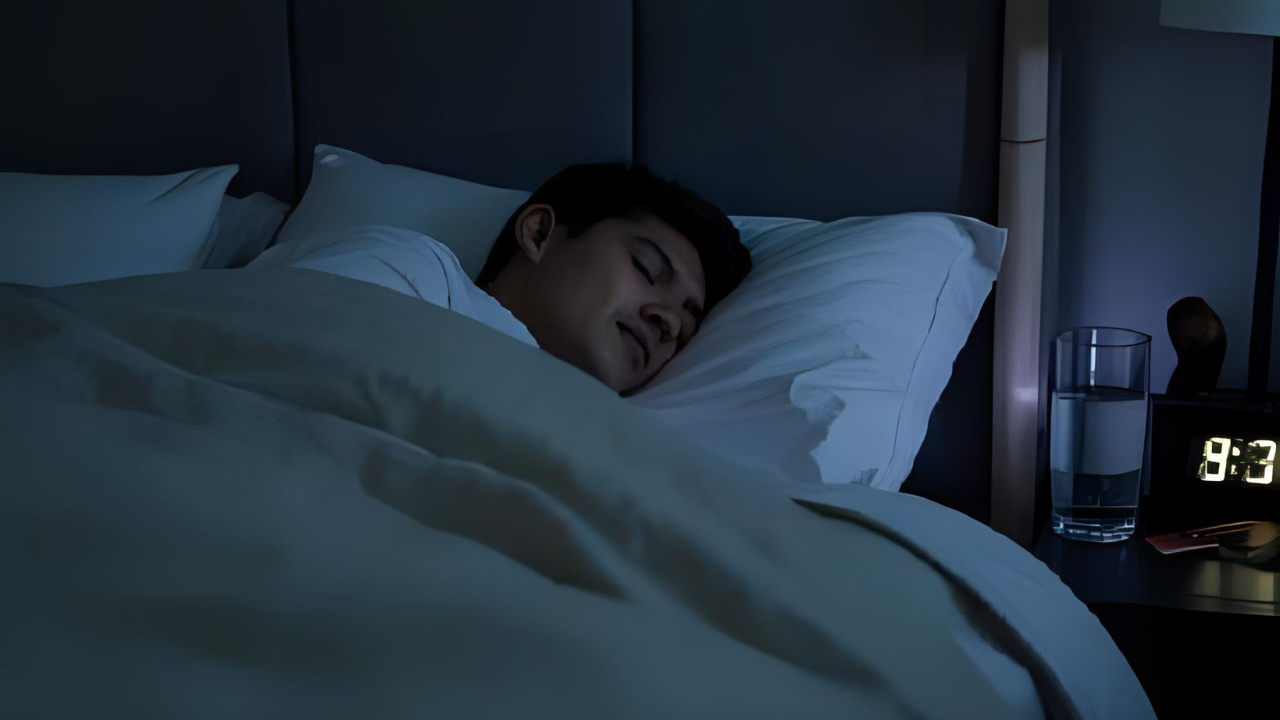Introduction
You’re eating clean. You’re exercising. You’re even tracking your calories like a pro.
But the scale? Stuck. The cravings? Out of control. The energy? Gone.
Before you blame your metabolism or your willpower, ask yourself one thing:
Are you sleeping enough?
Because no matter how perfect your routine looks on paper, if you’re constantly tired, your body is in survival mode—not fat-burning mode. Let’s break down how poor sleep wrecks your weight loss efforts—and how to fix it.
1. Lack of Sleep = Hormonal Chaos
When you don’t sleep enough, your hormones go haywire.
Here’s what happens:
-
Ghrelin (your hunger hormone) goes up
-
Leptin (your “I’m full” hormone) goes down
-
Cortisol (your stress hormone) stays elevated
-
Insulin sensitivity gets worse
Translation? You’re hungrier, less satisfied, more stressed, and more likely to store fat. Even your cravings change—suddenly carbs, sugar, and snacks become way harder to resist.
😴 One bad night of sleep can increase your desire for high-calorie junk food by up to 33%.
2. Sleep Deprivation Slows Your Metabolism
Your metabolism isn’t just about food and workouts—it’s also regulated by your nervous system and circadian rhythm (your internal clock). When you consistently skimp on sleep:
-
Your resting metabolic rate may drop
-
Your body becomes more likely to store calories instead of burning them
-
You lose more muscle than fat when dieting
Even if you eat and train perfectly, your results will lag if your body is in chronic sleep debt.
3. Poor Sleep = Poor Recovery
No, sleep isn’t lazy—it’s essential recovery time. This is when your muscles repair, your brain processes stress, and your hormones rebalance.
Skipping sleep:
-
Increases inflammation
-
Decreases workout performance
-
Reduces strength and stamina
-
Slows fat oxidation
If you’re tired during the day, chances are your body is tired of being ignored at night.
4. The Vicious Cycle: Tired → Cravings → Guilt → Repeat
Here’s how it usually goes:
-
You stay up late watching TV or scrolling
-
You wake up groggy and need caffeine/sugar to function
-
You skip your workout or feel weak during it
-
You grab fast food because you’re exhausted
-
You feel guilty
-
You do it again tomorrow
🔁 Sleep debt creates a loop of fatigue and poor choices. Breaking the cycle starts at night, not in the morning.
5. So, How Much Sleep Do You Actually Need?
For most adults:
7–9 hours of quality sleep per night.
More if you’re highly active, stressed, or recovering from illness.
And it’s not just about quantity. You also need quality deep sleep, where the real hormonal balancing happens.
6. Tips to Sleep Like Your Weight Loss Depends on It (Because It Does)
-
Stick to a schedule: Sleep and wake at the same time—even on weekends
-
No screens 1 hour before bed: Blue light messes with melatonin
-
Keep your room cool, dark, and quiet
-
Limit caffeine after 2 PM
-
Avoid heavy meals and alcohol before bed
-
Create a wind-down routine: Think reading, stretching, meditation, or journaling
It’s not always easy, but better sleep is one of the fastest ways to boost your fat loss, energy, mood, and mental clarity.
Final Thoughts
If you’re doing “everything right” and still not seeing results, your body might not need another workout.
It might just need a nap.
Sleep isn’t a luxury—it’s part of the fat-loss formula. So close your eyes, quiet your brain, and let your body do what it was built to do: recover, reset, and burn.




